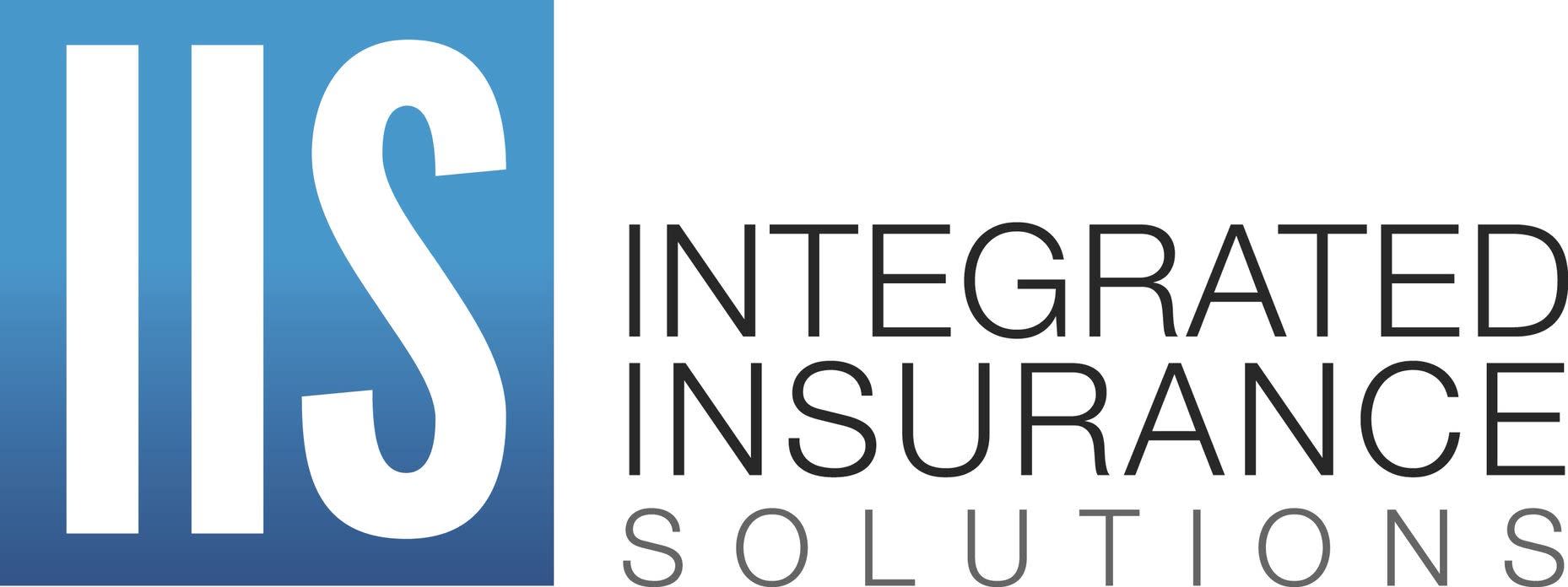Insuring Your Home-Based Business: Essential Coverage and Considerations
Insuring Your Home-Based Business: Essential Coverage and Considerations
It’s no secret that the COVID-19 pandemic has changed the landscape of not only America’s, but the world’s society. It seems that we are at a point in history where pre-COVID and post-COVID have become the differentiating terms used to describe the historical timeline of the past decade.
One of the most drastic shifts we have experienced is a change in remote work and home-based businesses. From freelancers and consultants to e-commerce entrepreneurs and remote workers, more people are leveraging the convenience of working from home to pursue their entrepreneurial dreams. However, amidst the excitement of launching a home-based venture, one crucial aspect that is often overlooked is proper insurance coverage.
While operating a business from home offers flexibility and cost savings, it also introduces unique risks that may not be adequately covered by standard homeowners’ insurance policies. Whether you're running a small online shop, offering consulting services, or providing freelance work, it's essential to understand the insurance options available to protect your business and personal assets.
In this month’s edition of Integrated Monthly, we will take a deeper look into the unique factors that play into home-based businesses and common misconceptions when it comes to properly insuring those businesses.
One question insurance agents are often faced with is “I run my business out of my home, why do I need separate business insurance?”
Although the answer to that question may seem simple, there are major misconceptions about exclusions in homeowners’ insurance that open home-based entities to liability exposures.
Homeowners insurance typically provides coverage for personal property and liability risks associated with the home, but it typically excludes coverage for business-related activities. Without appropriate insurance coverage, home-based business owners could be exposed to financial losses resulting from property damage, liability claims, or other unforeseen events.
Let’s dive further into reasons why separate business insurance is essential for home-based businesses:
1) Liability Protection: If a client or business visitor is injured on your property or suffers financial losses due to your business activities, your business could be the party held liable for damages incurred. Liability insurance provides coverage for legal expenses, medical bills, and settlements in the event of a lawsuit. Homeowners’ liability coverage extends to the homeowner personally and often excludes business operations.
2) Property Coverage: Your homeowner’s insurance may offer limited coverage for business equipment and inventory kept on your property. However, coverage limits may not be sufficient to replace expensive equipment or cover the cost of business interruption in the event of a loss.
3) Business Interruption: Unexpected events such as fires, natural disasters, or equipment failures could disrupt your business operations, resulting in lost income. Business interruption insurance helps cover ongoing expenses and replaces lost income during the downtime. Business Interruption coverage is a unique coverage that is specific to Business Owners Liability Policies that is not afforded under a personal homeowners insurance policy.
4) Professional Liability: If your business involves providing professional services or advice, professional liability insurance (also known as errors and omissions insurance) protects against claims of negligence, errors, or omissions in your work. In industries such as architects and engineers, financial advisors, insurance agencies, real estate agents and many other industries, professional liability insurance is most often the largest potential risk and claim experienced.
Essential Insurance Coverage for Home-Based Businesses
Now that we've highlighted the importance of insurance for home-based businesses, let's explore some of the essential coverage options you should consider. Keeping in mind that every business operation is unique, the below coverages are not intended to be an all-encompassing recommendation of coverages. Each industry and individual business operation specifically requires tailored coverages to adequately protect the owner’s financial interest in assets.
1) Business Owners Insurance Policy: A package policy that covers property and liability in one simple policy, these policies are designed to provide comprehensive coverage for business property, liability, and business interruption. They also typically include coverage for equipment, inventory, liability claims, and loss of income due to covered perils.
2) General Liability Insurance: Protects your business against third-party claims of bodily injury, property damage, and advertising injury. It covers legal expenses, settlements, and judgments arising from covered claims.
3) Business Property Insurance: Covers physical assets such as computers, office furniture, inventory, and supplies against damage or theft. You can choose to add endorsements or riders to your policy to increase coverage limits for specific items. It is important to remember that any equipment, furnishings, fixtures, etc. purchased under a business entity are considered business personal property and excluded from homeowners’ personal contents.
4) Professional Liability Insurance: Essential for service-based businesses, professional liability insurance provides coverage for claims of negligence, errors, or omissions in the services you provide. It protects against financial losses resulting from lawsuits and legal defense costs.
5) Business Interruption Insurance: Helps cover lost income and ongoing expenses if your business operations are disrupted due to a covered event, such as a fire, natural disaster, or equipment breakdown. While your home may be under renovations, or even a complete rebuild, homeowners’ coverage does not extend to loss of income if you are unable to operate your business as usual. As expected, any long-term interruptions to business resulting in loss of income can be detrimental to your business operations.
6) Cyber Liability Insurance: In an increasingly digital world, cyber liability insurance protects your business against data breaches, cyberattacks, and other cyber threats. It covers costs related to data recovery, notification of affected parties, and legal expenses. Changes are if you have a home-based business, you rely heavily on your web presence and computer operations for accounting, marketing, advertising, and day to day operations. In today’s society where no one can ever be safe from a cyber-attack or hack, Cyber Insurance is one of the most critical insurance policies business owners can purchase to protect their assets.
In conclusion, as the landscape of work continues to evolve, home-based businesses play an increasingly vital role in the economy. However, with the freedom and flexibility of running a business from home come inherent risks that must be addressed through appropriate insurance coverage.
By investing in the right insurance policies tailored to the unique needs of your home-based business, you can protect yourself, your assets, and your livelihood against unforeseen events and liabilities. Consult with an experienced insurance agent or broker to assess your risks and customize a comprehensive insurance plan that provides peace of mind as you pursue your entrepreneurial journey from the comfort of home.
To learn more about the specific coverages for your business, reach out to Integrated Insurance Solutions for a full insurance consultation!
Images

